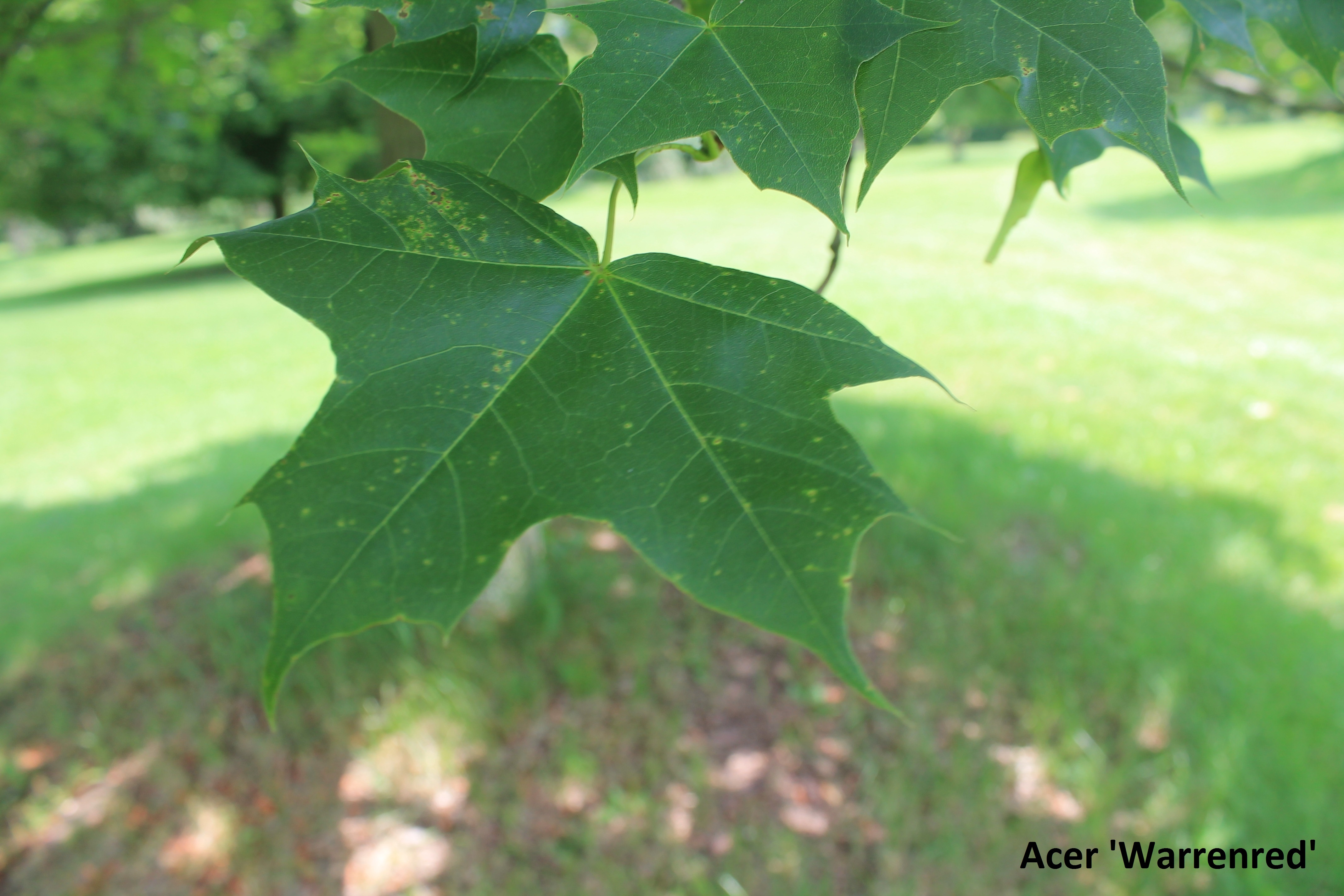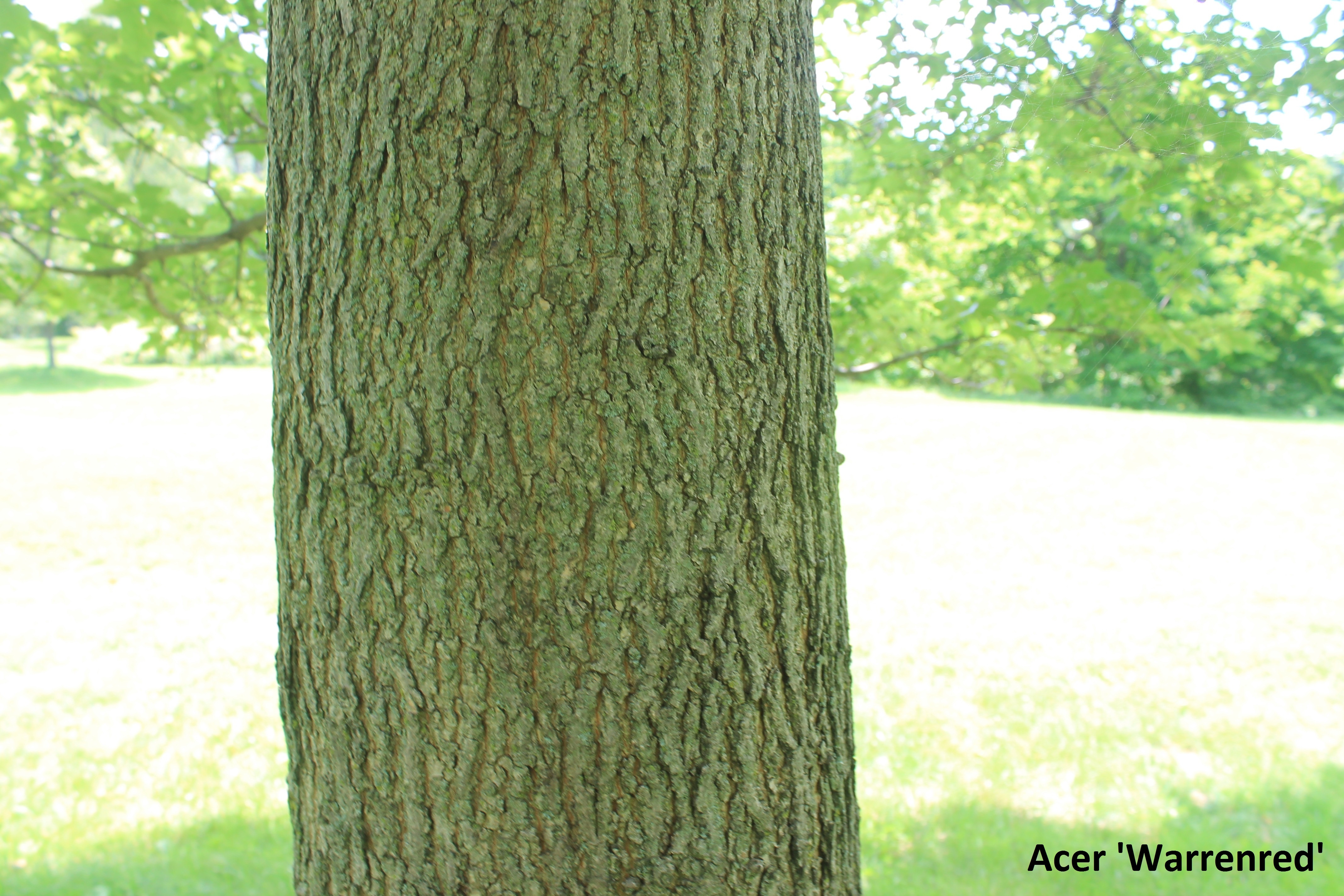Shantung Maple
Acer truncatum
Description
Acer truncatum, or shantung maple, is a non-native species originating from China, Japan, and Korea. It thrives in well-drained soil with a slightly acidic to neutral pH, and prefers loamy or sandy soil. It is commonly found in the nursery trade and its smaller size makes it suitable in a variety of urban settings, including under utility lines. It is advisable to prune in the late spring (June), as cutting may cause sap to leak from the wounds. While this can impact the tree's appearance, it does not harm the tree. Although adaptable and hardy, it remains relatively uncommon based on limited data.
Planting Site and Native Range
Planting Site
Parks, Highway, Residential, Wide Median, Restricted Urban Site
Tree Characteristics
Growth Rate
Slow (less than 30cm per year)
Width
5 - 8m
Height
6 - 9m
Soil Quantity
0 - 10 m3
Leaves
Deciduous
Insects and Diseases
Insects and Diseases
No serious or common issues in the urban environment. Verticillium wilt can be an issue, which can cause branch/ limb death and severe cases can cause tree mortality.
Tree Tolerances
Soil Salt Tolerance
Moderate
Salt Spray Tolerance
Moderate
Flooding Tolerance
Low
Drought Tolerance
Very High
pH Tolerance
Tolerant of acid to slightly alkaline soil (pH 5.0 to 7.5)
Shade Tolerance
Full Sun Part Shade
Plant Hardiness Zone
Zone 4 (a/b) | Zone 5 (a/b) | Zone 6 (a/b)
Management Notes
Management Notes
Pruning may be necessary for low branches
Contact us:
info@vinelandresearch.com








